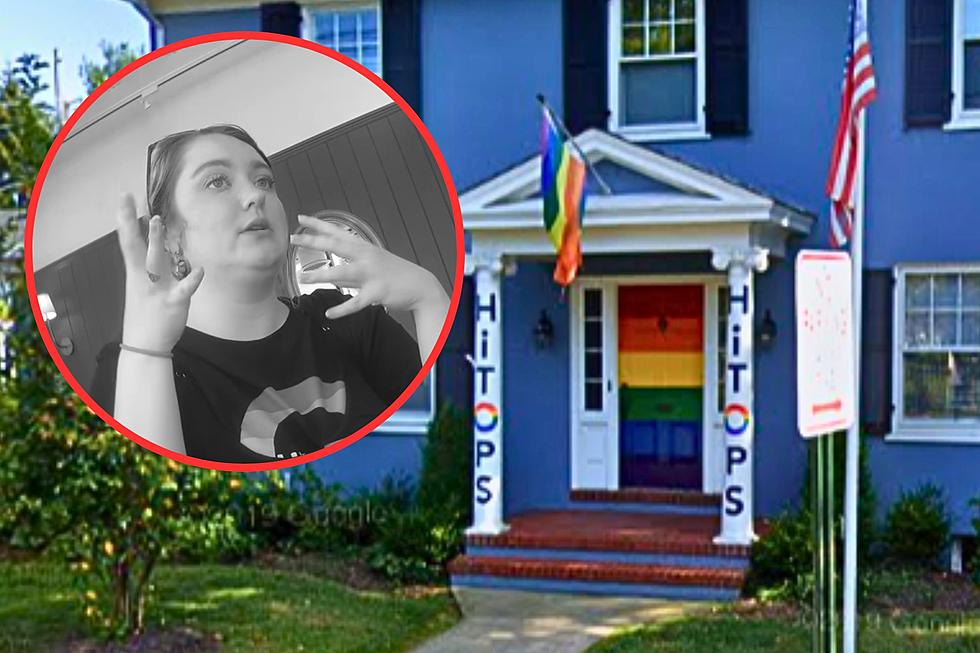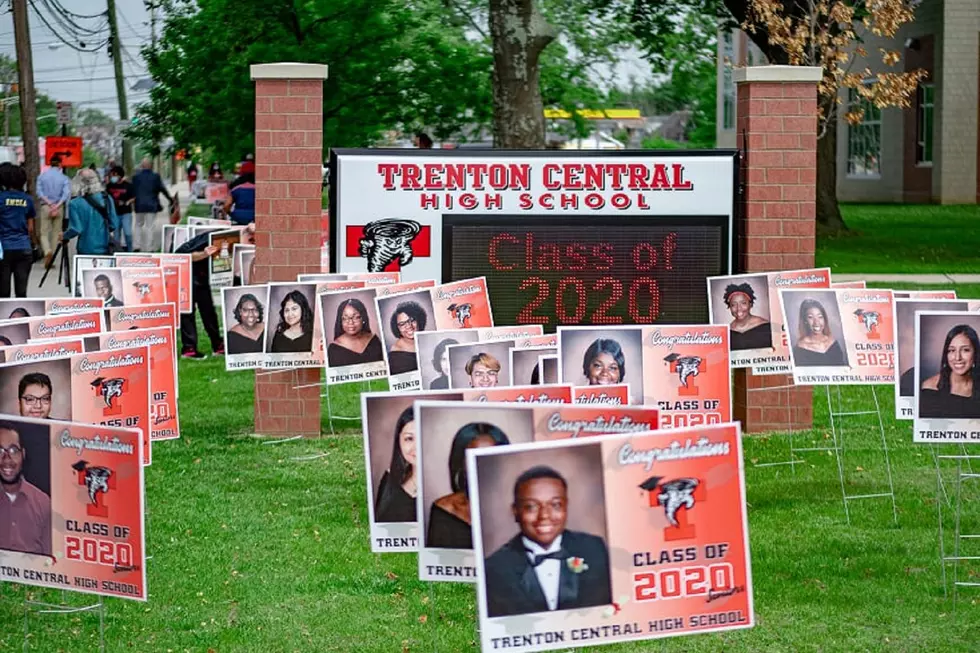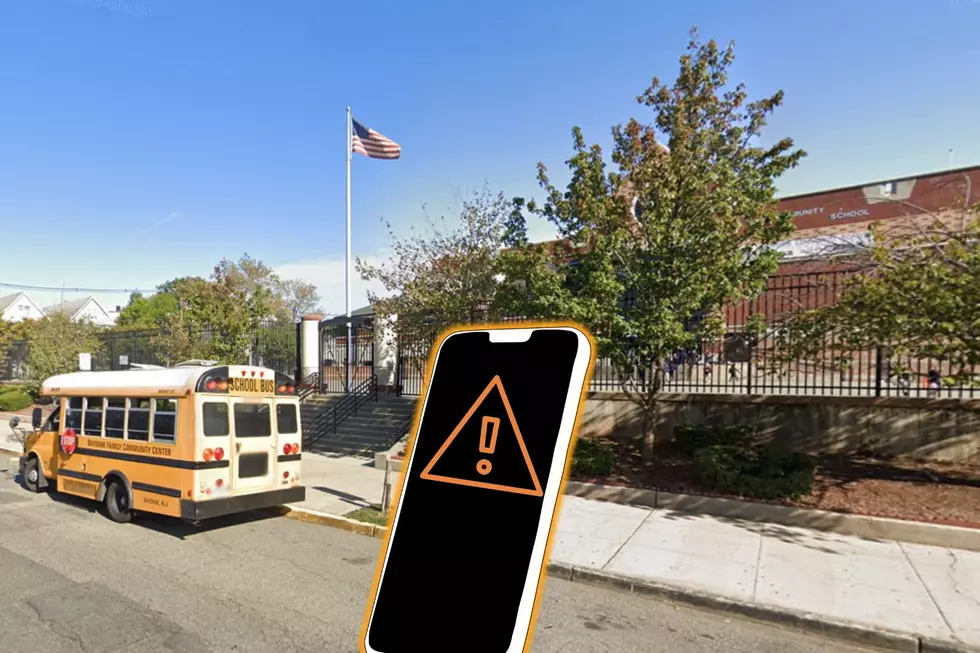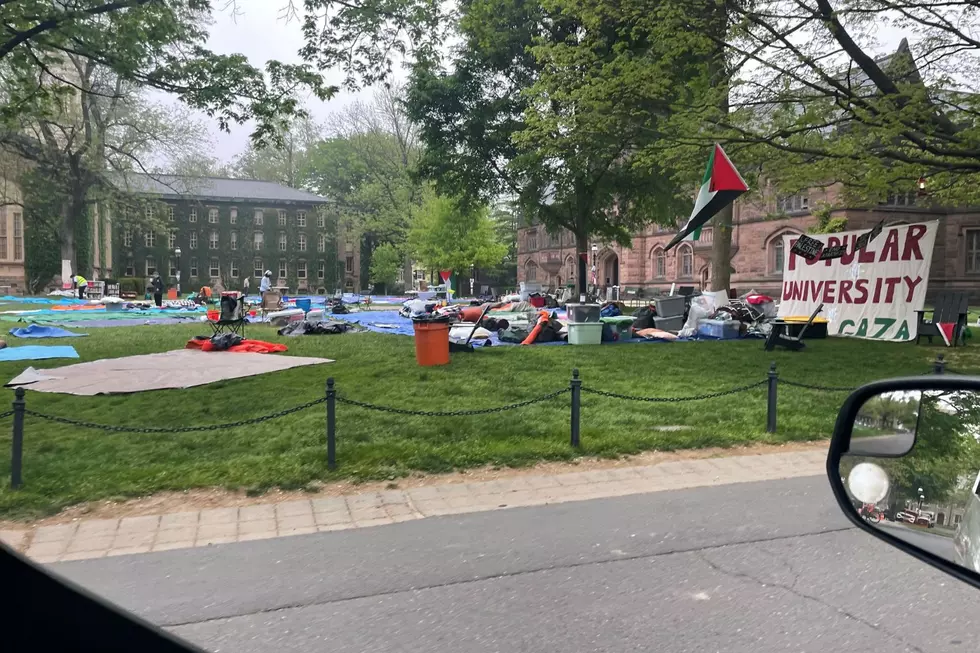
NJ nonprofit caught sneaking gender lessons into schools so parents can’t opt out
🏳🌈 An LGBT nonprofit has been caught injecting sex lessons into other courses
🏳🌈 The goal, in their words, is to remove a parent's choice to opt out
🏳🌈 They encourage teachers to speak to 4-year-olds about gender
PRINCETON — Employees for a nonprofit for LGBT youth based out of this New Jersey town have been caught on video admitting to injecting gender and sex lessons into unrelated courses so that parents can't opt out.
Based on the video, HiTOPS has been sneaking the lessons into courses on race in schools in Mercer County. Schools include JP Elementary in Princeton, Princeton Middle School, Christina Seix Academy in Ewing, and schools in Trenton including Trenton Ninth Grade Academy, according to HiTOPS Health Educator Hannah Wiers.
The organization responded on Friday by calling the group that secretly recorded the video a "right-wing hate group."
They encourage teachers to speak to 4-year-olds about their gender
The nonprofit "fosters strong and healthy young people of all identities" and teaches sexual health-related programs at public schools.
But when parents aren't looking, they encourage teachers to speak with children as young as 4 years old about their gender identity and pronouns, Wiers said.
Video by conservative activists exposes nonprofit's sneaky plan
The video features undercover interviews with Wiers and HiTOPS Executive Director Lisa Shelby. It was posted to YouTube on Wednesday by the conservative investigative group Project Veritas, which was founded by James O’Keefe in 2013. O'Keefe, a New Jersey native, is no longer with the organization.
HiTOPS responded on Friday with a statement attacking the credibility of Project Veritas and added that it "strongly values family involvement in the lives of their children," although the statement did not specifically address the comments made on video.
While mandated concepts like acceptance and inclusion may be taught in a variety of classes, sex education content like anatomy and human reproduction are only taught in classes that offer the option for a parent to opt-out their child," HiTOPS Executive Director Lisa Shelby said in a written statement.
"We teach in lessons that fulfill the Diversity and Inclusion Instruction Mandate and meet the New Jersey Sex Education the classes where districts place us and parents are always informed prior to any instruction.”
Princeton school district is investigating
Princeton Public Schools Superintendent Carol Kelley said the district has reached out to HiTOPS for information and that the district will "evaluate" its relationship with the nonprofit.
"While we align with the HiTOPS mission to support LGBTQIA+ youth, we strongly disagree with how representatives of the organization allegedly encouraged bypassing parental consent," Kelley said.
How HiTOPS sneaks gender lessons into classrooms
Under New Jersey state law, parents must have the option to remove their child from sex education lessons. New guidelines that took effect at the start of last school year require schools to teach those lessons at younger ages. Parents can opt-out with a letter.
To prevent parents from opting out of sex education lessons that include lessons on gender-affirming language and practices, HiTOPS adds the material into a three-day course called Pathways to Racial Literacy, according to Wiers. The course is meant to focus on race and ethnicity.
Unlike health classes, parents cannot remove their children from the course.
"I think our real goal would be to make sure that opt-out doesn't exist," Wiers said.
HiTOPS Executive Director Lisa Shelby confirmed in another conversation in the video that the organization injects the lessons into courses focused on race to bypass a parent's ability to opt out.
"There's a mandate for racial justice and inclusivity that, sometimes, that's how we get through. Yes," Shelby said.
Talking to young children about their gender identity
HiTOPS also encourages schools to speak with young children, who have not yet developed the ability to read or write, about exploring their gender identities, Wiers said.
"With children who are not at reading and writing age, it's a little difficult," Wiers said.
She said that it was important to ask a child which name and pronouns they would like to use without parents around. The information could then be added to a digital database for the school which could be updated every few months without informing the child's parents.
"I don't know if a 4-year-old is gonna know the word pronoun," Wiers said. "They know, you know, 'I like to be called she/her,' like, 'I'm a boy,' things like that."
The full video is available below.
Report a correction 👈 | 👉 Contact our newsroom
LOOK: 30 Best Major League Baseball Home Run Celebrations Using Props
LOOK: How Many of These Iconic '90s Shampoos Do YOU Remember?
LOOK: Go Inside Frank Sinatra's Private Desert Hideaway
More From New Jersey 101.5 FM









